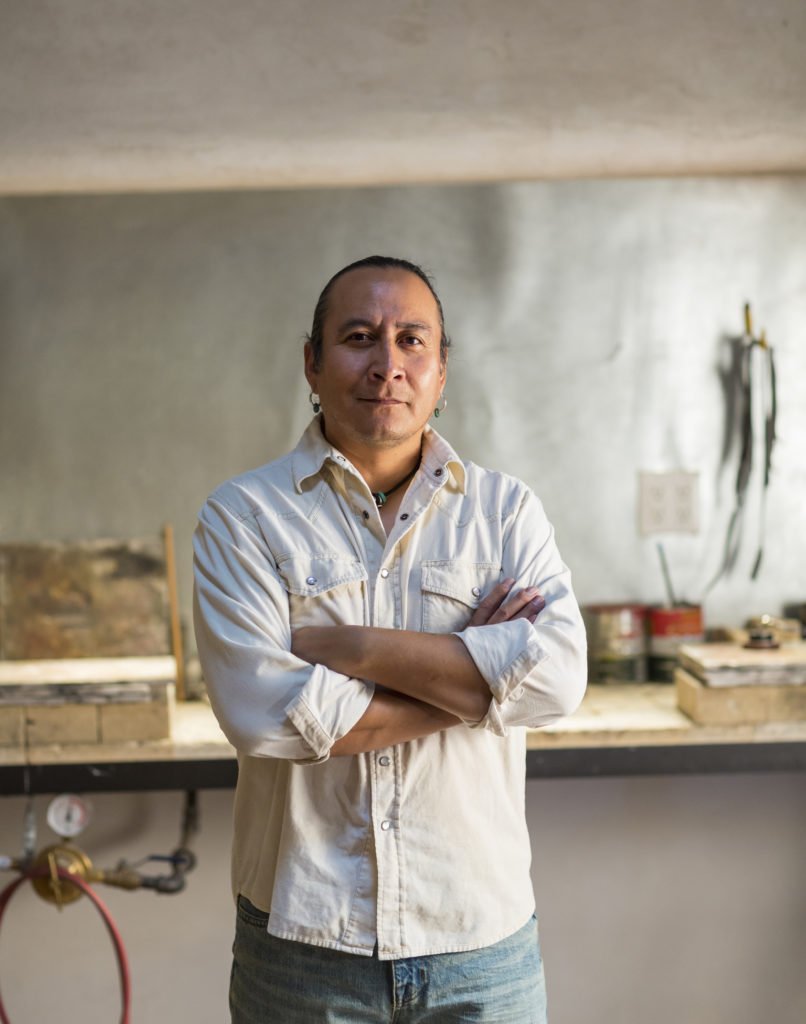Readiness and Resilience: Mapping the Contours of the Indigenous Skills and Employment Ecosystem in Canada
In collaboration with our partners, Canadian Council for Aboriginal Business (CCAB) created the Readiness and Resilience: Mapping the Contours of the Indigenous Skills and Employment Ecosystem report as part of a project on Indigenous people’s barriers to and facilitators of employment in Canada to learn about the scope of the Indigenous employment landscape.

Key findings
Despite continued investments into Indigenous skills training, Indigenous peoples continue to be under-represented in the workforce relative to their non-Indigenous counterparts, and these disparities have worsened since the onset of the pandemic
The most common challenge in finding work reported by Indigenous peoples was lack of available jobs (60.3%), followed by not having enough work experience (44.6%) and lack of education and training (44.5%)
An overemphasis on credentials has disproportionately disadvantaged many equity-deserving groups, including Indigenous peoples, who are under-represented in higher education
Skills growth, training, and funding opportunities are critical for Indigenous peoples to advance their careers, improve Indigenous labour-market and entrepreneurship results, and further economic reconciliation in Canada. Opportunities such as these can allow Indigenous people to adapt to a constantly changing, technologically-driven labour market in a variety of industries that make up Canada’s economy. Canada’s economic strength depends on our ability to offer every member of the population the resources they require to engage and contribute their talents, skills, and capacities. To achieve a truly inclusive economy, deliberate effort must be made to ensure that historically marginalized groups, such as Indigenous peoples, have equal opportunities to grow and succeed as valued employees, company owners, entrepreneurs, and leaders of industry and broader society. This achievement must be linked to initiatives that enable Indigenous people to acquire skills through training, networking, and mentorship opportunities.
In collaboration with our partners, Canadian Council for Aboriginal Business (CCAB) created the Readiness and Resilience: Mapping the Contours of the Indigenous Skills and Employment Ecosystem report as part of a project on Indigenous people’s barriers to and facilitators of employment in Canada to learn about the scope of the Indigenous employment landscape. This study was divided into three phases: a mapping exercise, followed by two rounds of in-depth interviews. Phase 1 evaluated a large pool of organizations that comprise the Indigenous- specific skills development and financing landscape in Canada. The mapping exercise was undertaken to understand the existing career advancement and skills development opportunities available for Indigenous people. Phases 2 and 3 provided further context of the status of the Indigenous employment landscape, including the unique observations and contributions of Indigenous and non-Indigenous companies, respectively. The two phases of interviews included 15 interviews with Indigenous training providers and 15 with non-Indigenous businesses from CCAB directory, for a total of 30 interviews.
The results of the study can help Indigenous entrepreneurs, governments, and private sector companies better understand the shortcomings in present opportunities available to Indigenous peoples, highlight opportunities for future program development, and revise existing opportunities to close any gaps.




